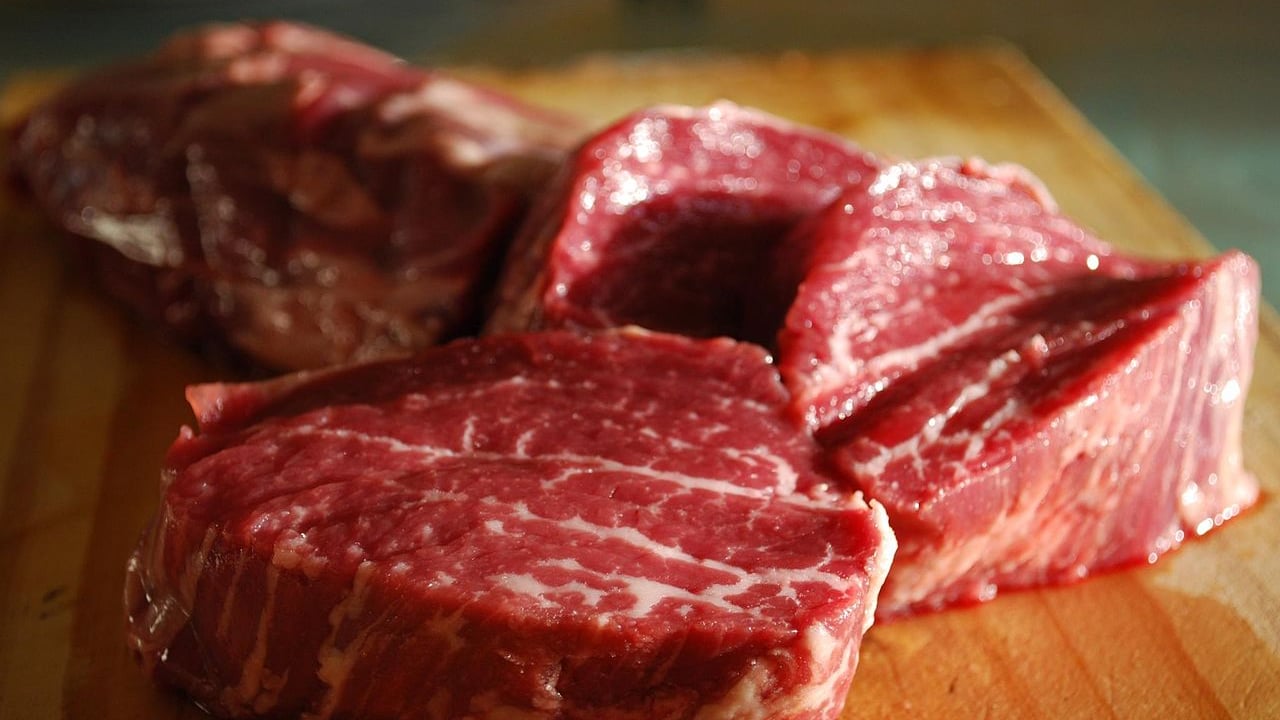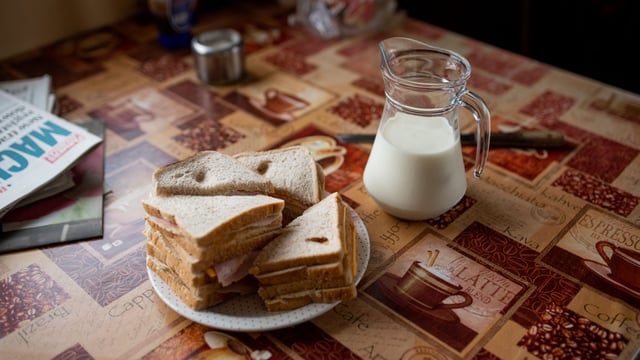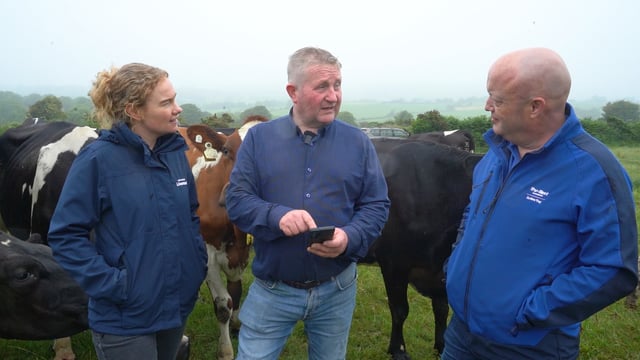Consumers purchasing less protein as food inflation rises
A reduction in demand for premium cuts of beef, lamb and pork has been noted among EU consumers, as they opt instead for cheaper, more flexible formats, insight data from Bord Bia has shown.
Speaking at a Meat Business Women event yesterday (Thursday, September 8), Bord Bia's interim director of global business Noreen Lanigan outlined that rising food inflation and financial pressures have prompted consumers to take control of their spending by reducing protein purchases.
Average food inflation in countries within the Organisation for Economic Co-operation and Development (OECD) reached 13% in June of this year, compared to 12.6% in May.
As well as this, a growing gap between total inflation and food inflation has been recorded in a number of EU markets, most notably in Germany, Sweden, the UK and the Netherlands.
"Financial pressures are resulting in less proteins being considered overall and a focus on more cost-effective types," Lanigan said.
Lanigan also said that a decline in demand for meat-free alternatives has also been noticed, but chicken remains steady as it continues to be seen as the "ultimate meat staple".
To combat this, meat companies and supermarkets must move to get beef and other proteins onto the consumer's shopping list and make these "habitual purchases", Lanigan said.
However, she added that while the consumer is now on the lookout for more affordable protein options, compromised quality will not be accepted.
Lanigan added that while there may be a temptation to change price points and introduce in-store promotions to avoid losing customers, however, she said that communication about quality should also be used as a way to retain shoppers.
"Some shoppers may be less familiar with what quality and sustainability claims mean.
"There's a need now more than ever, to communicate and explain those credentials so that they become part of the consumer's value consideration," Lanigan concluded.





